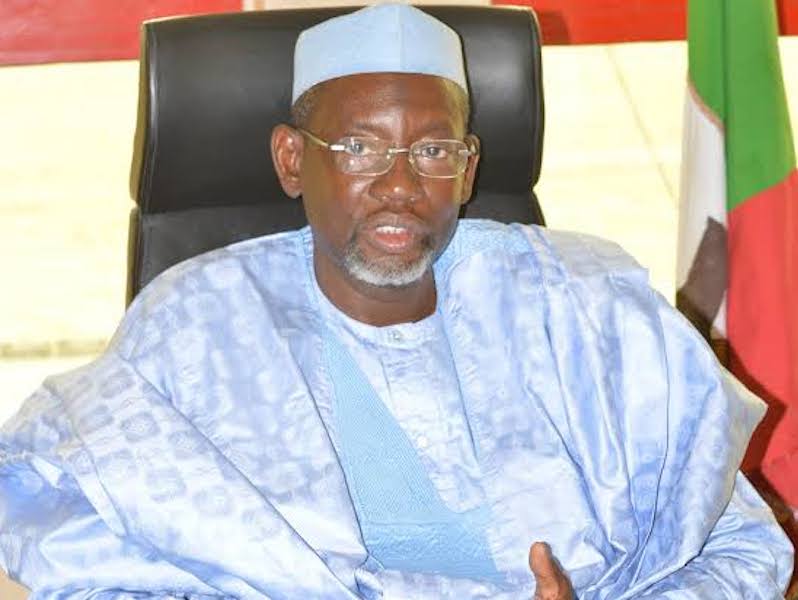By Rosemary Ogbonnaya
United Nations Children’s Fund, UNICEF has said since 2009, more than 8,000 girls and boys have been recruited and used as child soldiers in different roles by armed groups.
NICEF called for an end to the recruitment and use of children by armed groups in Nigeria, and the release of those in the custody of such groups.
The organisation made the call on the International Day Against the Use of Child Soldiers, otherwise known as “Red Hand Day”.
UNICEF also urged support for former child soldiers in north-east Nigeria.
“For 13 years, armed conflict in north-east Nigeria has claimed thousands of lives and disrupted livelihoods and access to essential services for children and their families. Nearly one million homes and 5,000 classrooms have been razed in the protracted armed conflict. Since 2009, more than 8,000 girls and boys have been recruited and used as child soldiers in different roles by armed groups.
“We call for an immediate end to the recruitment and use of innocent children as soldiers or for any other conflict-related role.
“It is unacceptable and unconscionable that girls and boys continue to serve on the front lines of a conflict they did not start,” said Phuong T. Nguyen, UNICEF Chief of Maiduguri Field Office.
The International organisation called on the Nigerian authorities to sign the Handover Protocol for children encountered in the course of armed conflict in Nigeria and the Lake Chad Basin Region, which would end the detention of children formerly associated with armed groups.
The Handover Protocol, according to UNICEF, would ensure children encountered during military and security operations are transferred from military custody to civilian child protection actors to support their reintegration into society through the provision of family tracing and reunification services and medical, educational and psychosocial recovery services. Support would also life skills support, skills training and links to decent work.
The Borno State Child Protection Act, recently signed into law by Governor Babagana Umara Zulum, prohibits and prescribes stiff penalties for the violation of children’s rights. The Optional Protocol to the Convention on the Rights of the Child on the Involvement of Children in Armed Conflict also prohibits the forced recruitment or conscription of children under 18 by government forces, and the participation of children under 18 in active hostilities by any party.
Ratified by the Government of Nigeria in 2012, the Optional Protocol places obligations on non-state armed groups, not to, under any circumstances, recruit or use in hostilities persons under the age of eighteen.
Nguyen said,“We must do more to ensure that Nigeria’s children do not suffer the worst impacts of conflict.
“We owe girls and boys a chance to leave the horrors of conflict behind. Every day of delay in the custody of armed groups is a tragedy with grave implications for the children, families, and Nigerian society as a whole.”



